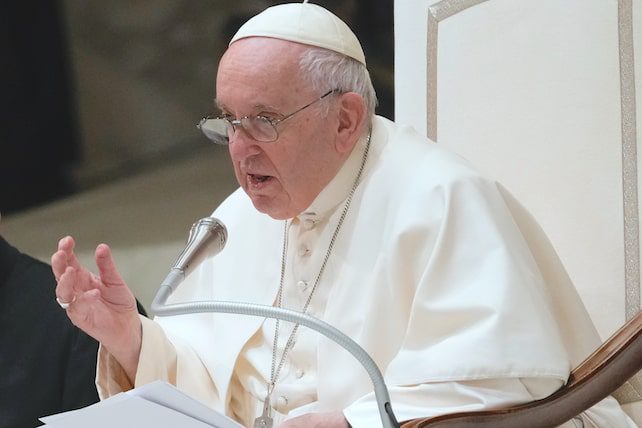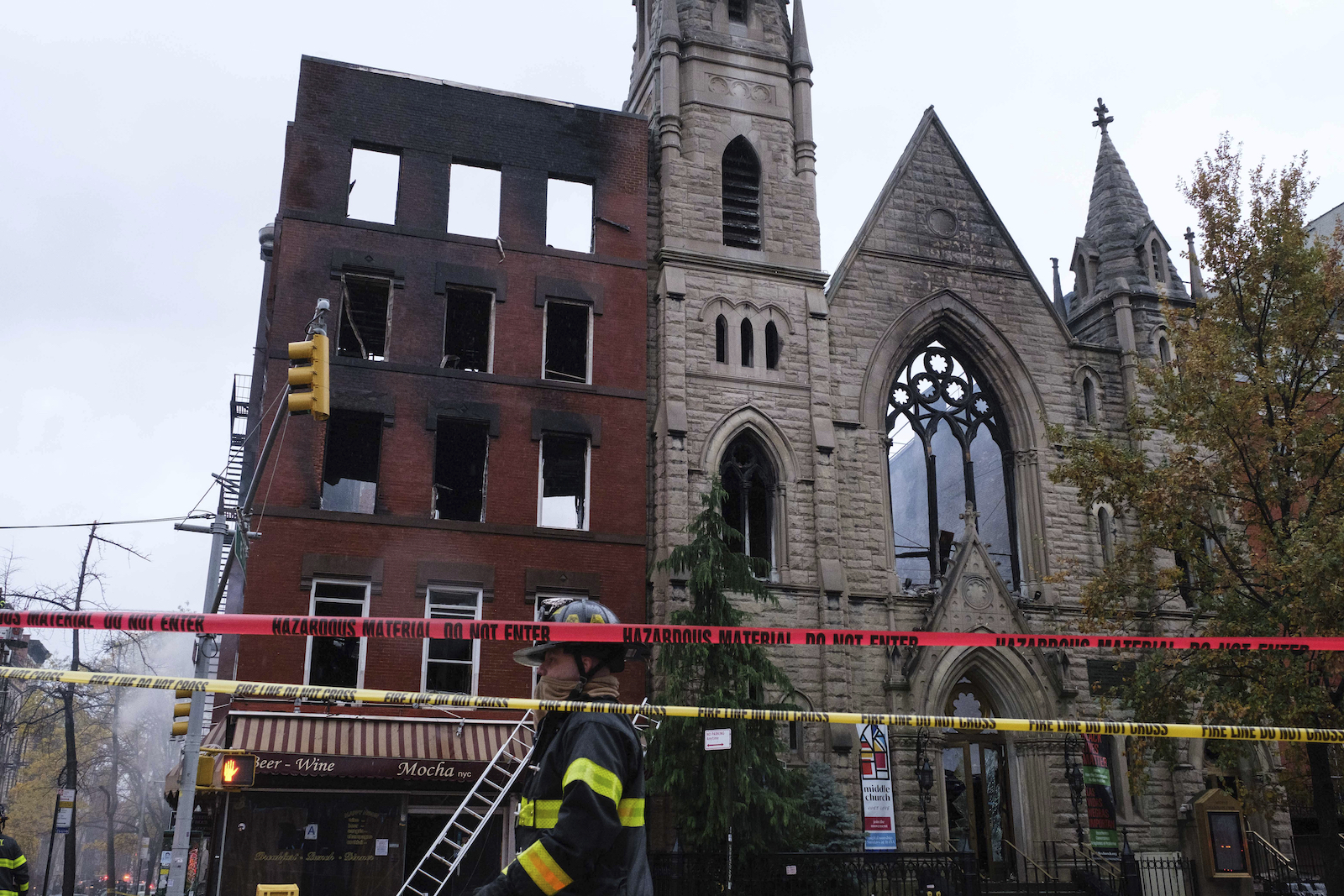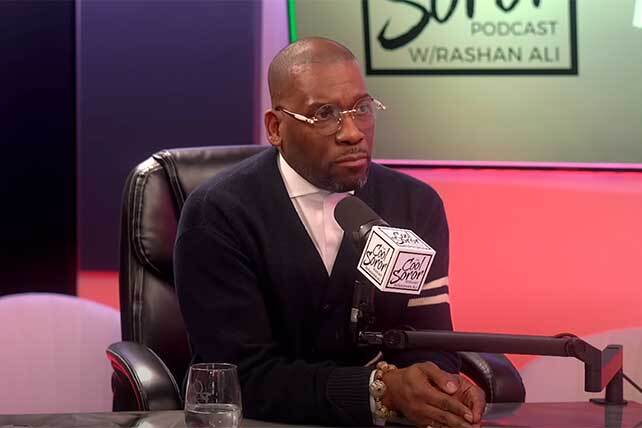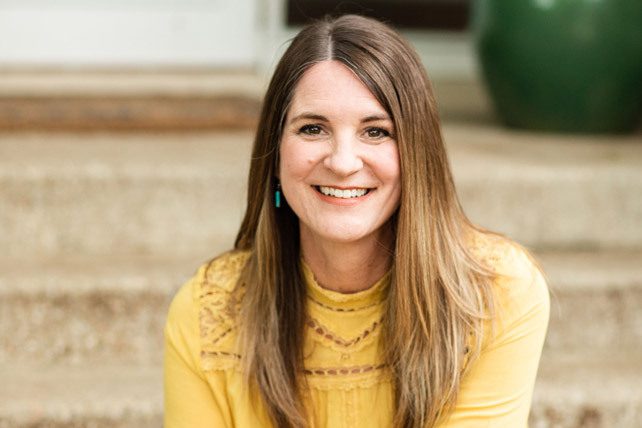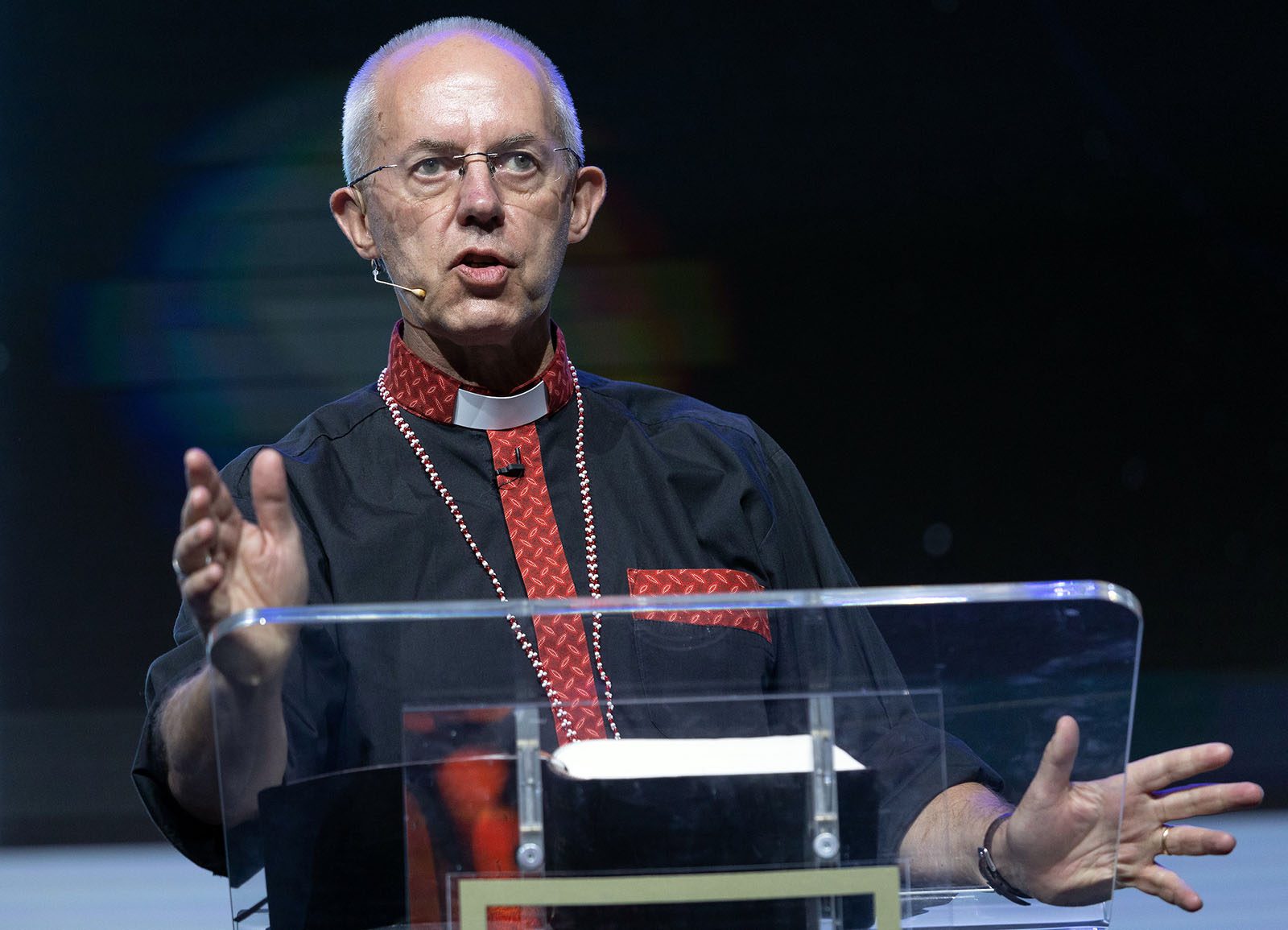AMMAN, Jordan (RNS) — Jordan has launched a $100 million master plan aimed at attracting 1 million Christian pilgrims to celebrations of the second millennium of the baptism of Jesus in 2030.
The ambitious plan was unveiled by a not-for-profit foundation created by the Jordanian government to develop the “Bethany beyond the Jordan” area, on the east bank of the Jordan River, long venerated as the place of Jesus’ baptism by John the Baptist. Archaeological discoveries of an ancient monastery at Al-Maghtas, Jordan, became a UNESCO World Heritage Site in 2015.
Samir Murad, chair of the new foundation, told Religion News Service that his group plans to provide Christians access to visit and worship at the site while respecting its integrity.
“We wanted to provide pilgrims a chance to be able to spend quality time at the location of the baptism while respecting its spirituality and the UNESCO World Heritage Site conditions,” said Murad.
RELATED: Evangelist’s Casual Conversation With Stranger Leads to Beach Baptism Moments Later
Murad’s team rejected proposals for five-star hotels and fine dining and chose instead down-to-earth accommodations. “We decided on a biblical village theme that attempts to re-create a 2,000-year-old experience,” said Murad.
He said the theme will include “glamping”-style lodging — a version of camping typified by well-appointed tents with comfortable beds.”We will supply Arab-style tents and all sanitary services that will provide an authentic feeling,” said Murad. “This allows us to be in concert with the theme yet at the same time provide housing at reasonable costs for pilgrims who want to spend spiritual time at this sacred location.”
Visitors will have a choice of different eateries serving local organic food, “centered on the wilderness and plants mentioned in the Bible,” Murad explained.
Electricity and Wi-Fi lines will be placed underground so as not to clutter the above-ground experience.
A businessman and former minister of labor, Murad said the initial phase of the project will cost about $15 million. He hopes it will be finished sometime in 2023. A second phase, which will include a three-star hotel, restaurants, shopping area and a museum, a wellness center and “opportunities for pilgrims to have special quiet spiritual time,” will cost as much as $85 million.
“The idea is to create an atmosphere like that of the Old City of Jerusalem,“ Murad told RNS. The second phase will also include botanical gardens and, since the site is on a bird migration path, a nature sanctuary.
RELATED: Al Mohler Explains to a Podcast Listener How Baptism Doesn’t Bring Salvation
Murad, who along with his team has been volunteering his time, is not sure how the project will be funded. “Our initial goal is to raise the needs for the first phase so that people can see and feel what we plan to do.”
Nine faith organizations have been officially granted the opportunity to build a place to welcome pilgrims to the baptism site.
One of the nine is the Baptist World Alliance, a network of Baptist churches around the world, which is partnering with the Jordanian Baptist Convention on constructing the Baptist outpost in Bethany beyond the Jordan.
The Rev. Elijah Brown, secretary-general of the BWA, was among 250 guests at a dinner marking the launch of the project, attended by Jordan’s King Abdullah II, his two sons and his prime minister. Brown later told local Jordanian Baptists gathered at the Amman Baptist Church that the deadline for both phases “is set for 2029, to be ready for the 2,000-year anniversary of the baptism of Jesus at the River Jordan.”
Brown implored the Jordanian Baptist leaders to work closely with the Baptist World Alliance. “We want to do this in total partnership with your convention,” Brown told local Baptists. “We want to plan together, fundraise together and have custodianship together.”
Brown’s wife, Amy, told the assembled Baptists that her great-uncle, August Lovegren, who died in November at age 100, spent 36 years as a general surgeon in Jordan, at the Ajloun Eman Hospital, formerly the Ajloun Baptist Hospital.
She spoke warmly of Jordan’s royal family, recalling that Lovegren had a special relationship with the late King Hussein, “who honored him,” she said, “by making him an officer of the Order of Independence.”
RELATED: TN Church Sees Over 1,000 Baptisms in Four Months–‘Prayer Births Revival’
“Our family, and the Baptist family, have a great appreciation and respect for Jordan and we love going forward to continuing the legacy of Jordan in general and the personal legacy of our family and our larger family of faith by being part of the development to the site that Jesus was baptized in.”
Recalling her great-uncle, Amy Brown said, “We are here in Jordan because of an archaeological project at the Jordanian baptismal site. We didn’t choose the timing, but the Lord was honoring my uncle by having us there for this occasion.”
This article originally appeared here.

